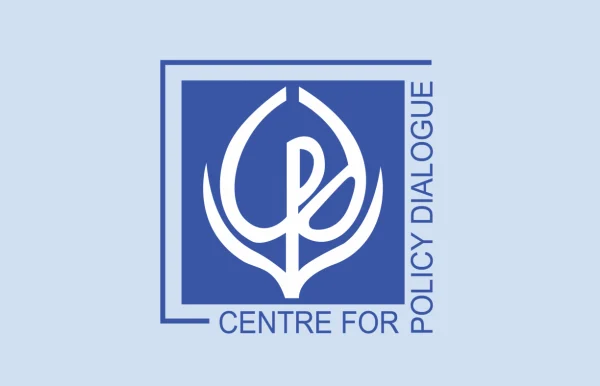Revenue target may fall short by Tk1,05,000cr this year: CPD
- Update Time : Tuesday, May 27, 2025

Staff Correspondent:
The revenue collection may fall short by Tk1,05,000 crore compared to the target in the current financial year, according to the Centre for Policy Dialogue (CPD).
CPD held a press conference in the capital on Tuesday (May 27), where its Executive Director Fahmida Khatun presented the research institution’s third quarterly review of Bangladesh’s economy.
During the event, Fahmida Khatun, in a written speech, said revenue collection growth in the first nine months of the current financial year was only 5% compared to more than 13% last year.
As a result, a major shortfall is being created in the revenue collection target.
To meet the revenue collection target, a 64% growth will be needed in the last three months. However, this is not possible, given the current reality, she said.
Fahmida said weak management and setting excessive targets are responsible for the major shortfall in revenue collection.
In this situation, she said the IMF’s conditions in the revenue sector will also not be implemented.
‘ACHIEVING 6.5% INFLATION RATE BY NEXT FY NOT POSSIBLE’
Although the government has set a target to reduce the inflation rate to 6.5% within the next fiscal year, CPD said achieving this target will not be possible.
Fahmida Khatun said, “After analysing the inflation rate from 2012-2025, we have seen that it will not be possible to bring down the inflation rate to 6.5% next year,” Fahmida said.
She added that the inflation rate may decrease from the current month of May until next February. However, inflation will rise again from next March until the following June.
“Every year, inflation tends to increase during this period due to reduced supply of agricultural products and Ramadan,” said the CPD executive director.
‘DEARNESS ALLOWANCE TO GOVT OFFICIALS WILL INCREASE INFLATIONARY PRESSURE ON OTHERS’
According to CPD, providing dearness allowance to government employees will further increase the inflationary pressure on those employed in the private and informal sectors.
The organisation proposed various benefits, including tax relief in the budget, to protect them.
At the event, Fahmida said spending Tk7,000 crore on dearness allowance for government employees will increase the government’s expenditure burden in the budget and fuel inflation.
“The existing 5% incentive for government employees will be abolished, and dearness allowance will be provided in the next fiscal year. This will increase inflation. While giving dearness allowance may be justified considering inflation, there is a question about the timing,” she added.
The CPD executive director said those outside government jobs will face increased inflationary pressure due to the provision of dearness allowance.
“If dearness allowance is given at this time to please government employees, then the population outside government jobs could be given various benefits, including tax relief,” she added.
Expressing concern over the potential decrease in Bangladesh’s export earnings to the United States due to tariffs imposed by the US, Fahmida said the 5% tax imposed by the US on remittances would result in a 9% cost for expatriates to send remittances from that country.
This will lead to an additional expenditure of $460 million, she added.

















